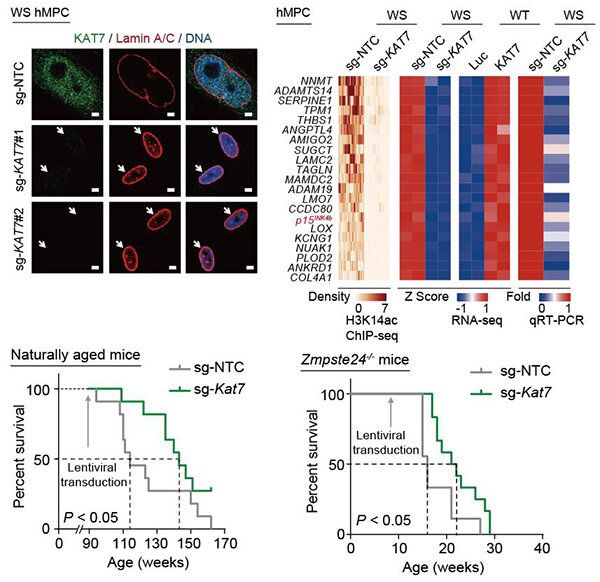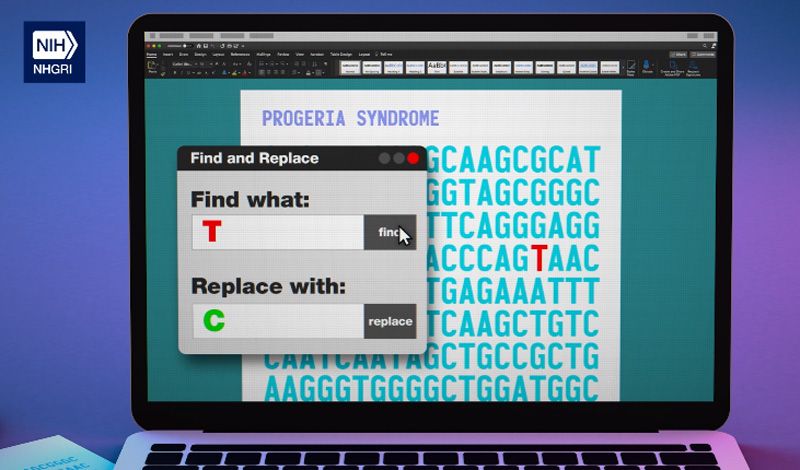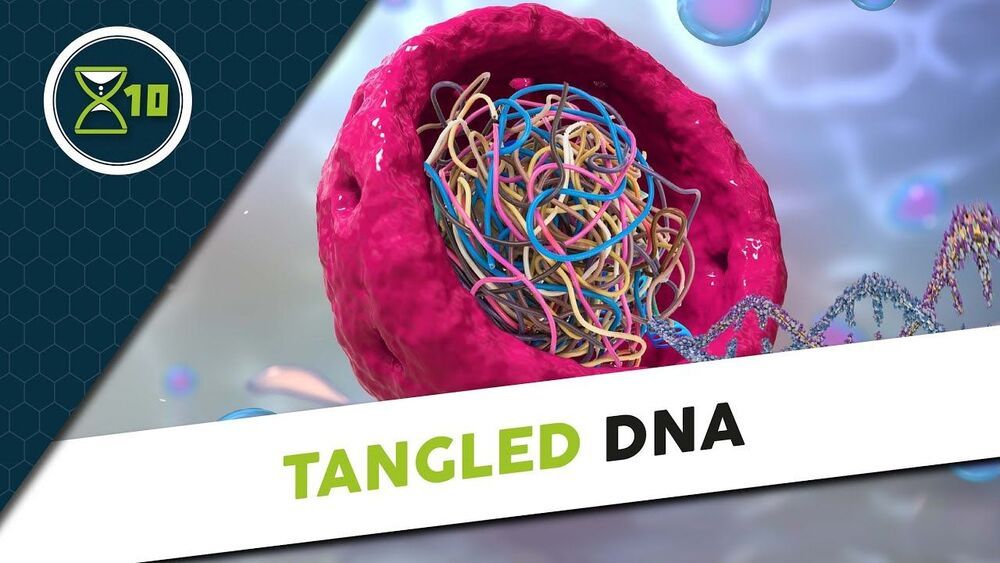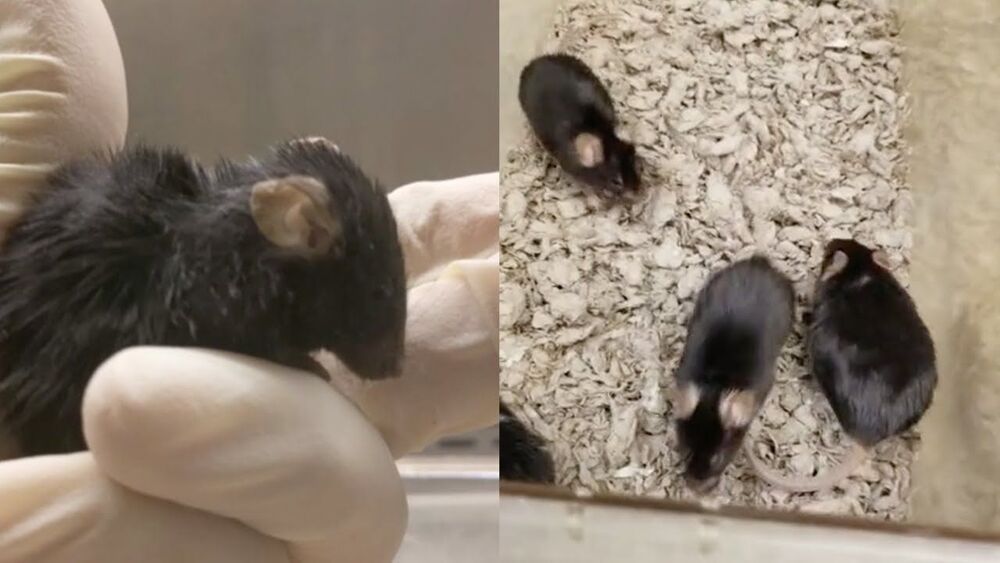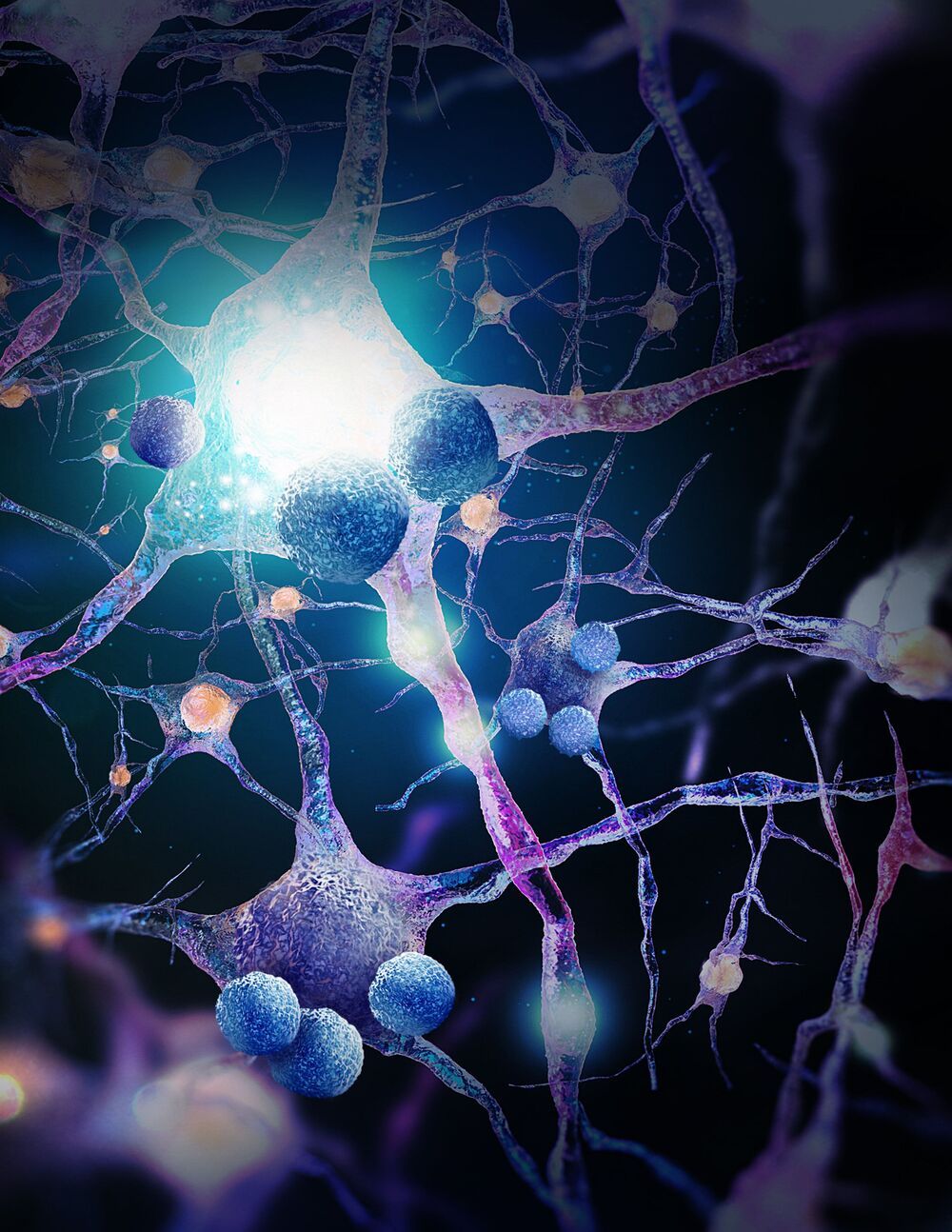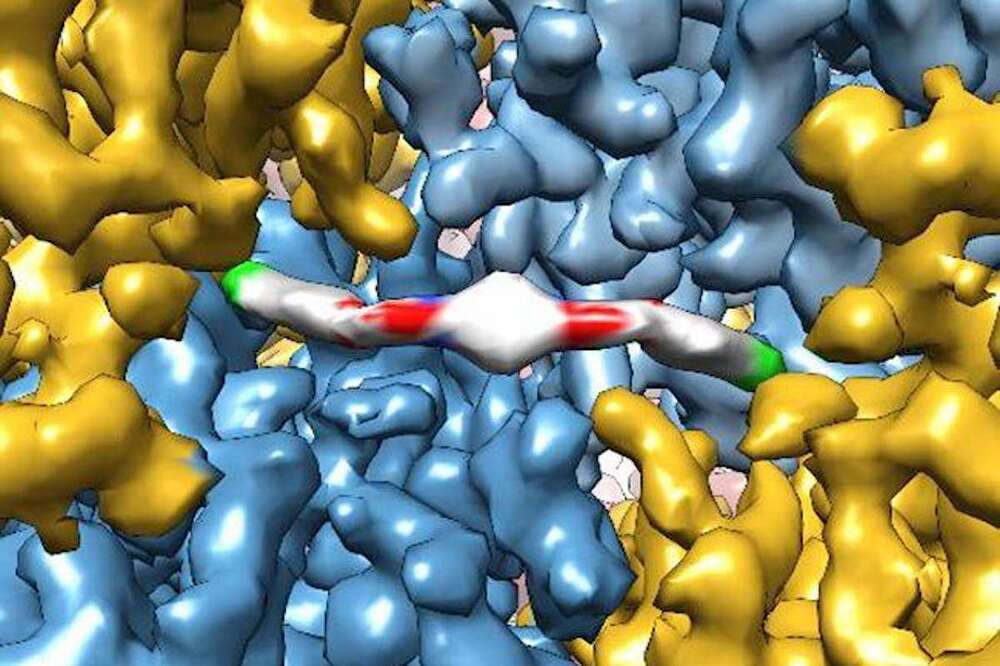Jan 8, 2021
Do we have to age?
Posted by Montie Adkins in categories: biotech/medical, life extension
Once, at a friend’s wedding, he left a group of guests mildly incensed for suggesting that near-future humans might live well into their 100s. A similar thing happens at dinner parties, where the responses are more polite but no less sceptical. Eventually, he says, “I think we are very likely to have a drug that treats ageing in the next 10 years.” Steele believes we will be hopelessly unlucky if scientists don’t make a breakthrough within that time, given how many human trials are in progress or upcoming. And although these breakthroughs won’t result in treatments that extend our lives by 100 years, they will give us enough extra time to ensure we’re alive for subsequent breakthroughs, subsequent treatments, subsequent additions in lifespan and so on.
The biologist Andrew Steele thinks ageing is a disease that can be treated. But if we had a cure for getting old, what would that mean for us?

